We are glad to welcome Johana Garrido to our department as a visiting PhD student for the 2021-22 academic year. Johana is currently completing her PhD in Hispanic Linguistics at the Pontificia Universidad Católica in Santiago de Chile. Her dissertation research focuses on Haitian children who speak Creole as their first language and their acquisition of Spanish in the Chilean public education system.
When asked what attracted her to the topic of her dissertation, Johana said: “Before starting my PhD, I worked as a speech pathologist and speech therapist for a school district in Santiago. In the last five years, I noticed that I was receiving an increasingly significant number of referrals for Haitian children with diagnosis of autism or delayed language development.
However, as I started working with them, I realized that the children were initially misdiagnosed: they all spoke Creole and had very little knowledge of Spanish! I became aware that school administrators were not using the right tools to assess these children: they only had available resources meant for the evaluation of monolinguals.
I also found a gap in research on language contact between Haitian Creole and the Chilean Spanish variety – which made sense before the accelerated migration of Haitians to Chile that started around 2013. I decided to address these needs through my dissertation project, and I received the support of ANID (formerly known as CONICYT), the Chilean National Agency for Research and Development to complete a PhD degree.”
Johana shared further on her journey to the University of Toronto: “While reading on language contact, I came across many articles by Laura Colantoni (who is a Professor of Linguistics in our department). Even though her research focuses on the Argentine variety of Spanish, I found much of her work inspiring and useful for my own. I also learned more about Canada’s language policies. I became fascinated both by the government evolving implementation of these principles as well as the contact of languages that happens in the streets of Toronto, once unbound from their first geography.”
“I am grateful for the opportunity to complete some of my phonetic and phonological analysis of Chilean and Haitian children’s speech at the University of Toronto, under the supervision of Prof. Colantoni. I am really excited by the prospect of creating new tools that will help school administrators in Chile assess adequately the skills of bilingual children. Finally, I hope my work will be useful to fellow speech pathologists as they support Haitian Creole speakers in the acquisition of the sound system of Chilean Spanish.”


